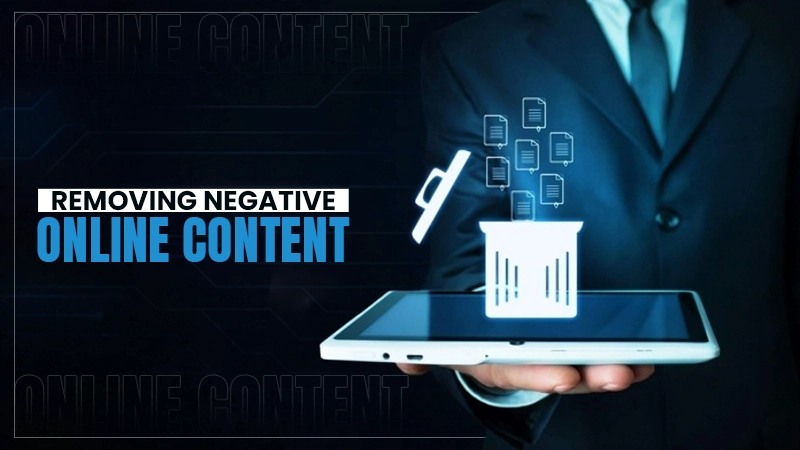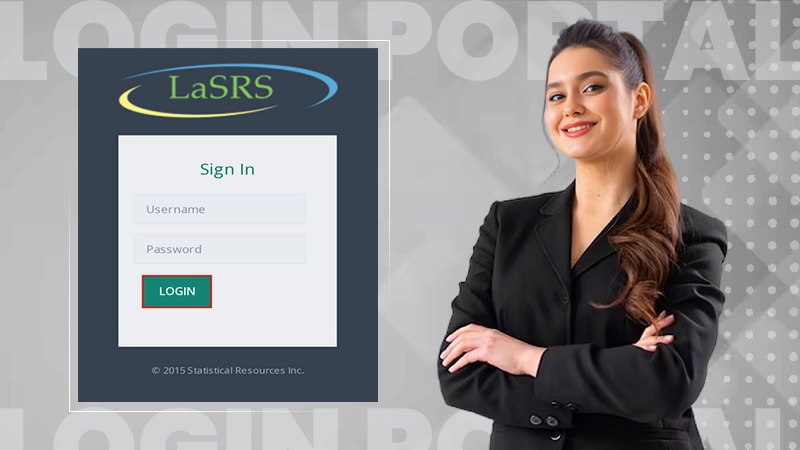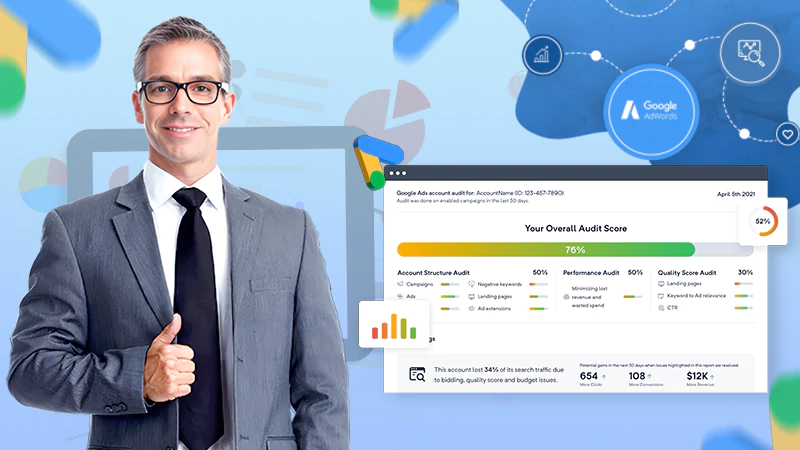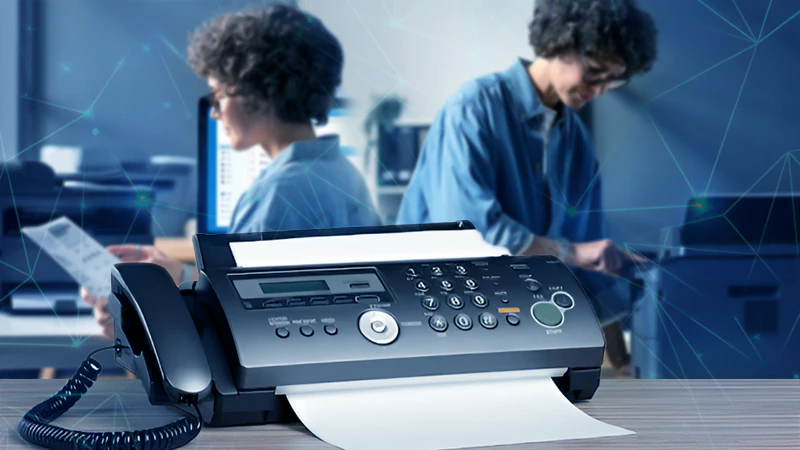What Do You Need to Start a Micro Business?
Entrepreneurs often start small and then proceed to a more significant venture. These little companies, which have a small number of employees, are referred to as micro businesses. Despite their small size, microbusinesses significantly impact the economy, employing more than 60% of the private sector.
A microbusiness frequently starts as a side hustle or hobby and, over time, grows to become much more. This business model requires minimal start-up capital as it can be operated from an office, storefront, or even home.
Also known as a micro-company or micro-enterprise, the term “micro-business” is relatively new and covers independent contractors, home-based enterprises, freelancers, and small organizations. However, if you are considering starting a microbusiness, there are certain factors you should consider.
Here is what you need to start your own micro business:
Refined Business Ideas
The first step toward setting up a successful microbusiness is to refine your business idea. If you intend to set up a business, you will likely have an idea of the product or services you intend to sell. Once this idea has been ascertained, the next step is establishing your mission and vision statement.
A mission and vision statement expresses a business’s intent, value, purpose, and foundation. Without a clear mission and vision, a business plan would lack a solid base to grow from, affecting its lifespan. Therefore, conducting research, refining your business plan, and creating a solid idea are essential.
Also, Read: Take a Step Ahead in Your Business with an Efficient Email Client – EssentialPIM
Create a Solid Business Plan
Next on the list is creating a business plan. After refining your business plan, you should establish who your customers are, how you intend to finance the start-up costs and your end goals. Businesses make a lot of mistakes when a business plan isn’t written.
To create your business plan, conduct thorough market research on your industry and the demographics of potential clients. A business plan gives your idea a direction and sustains it. Therefore, it is vital for the success of every business.
Read This Also: 3 Ways to Ensure Your Business Operates Efficiently
Get the Best Insurance
A little mishap can easily wipe out the assets of a small business, which is why going for general liability insurance, which covers risks in business, is essential. General liability insurance helps cover costs associated with property damage and liability claims. In addition, it can protect against harmful incidents and cases where a customer experiences harm from the company’s end. Having your business insured protects not only the business but also others. In addition, it saves you from having to pay for costly damage out of your pocket.
Make Sure to Have Sufficient Finances
Starting a business requires finances, so you must determine how you will get yours. First, estimate the cost of your start-up and plan for your finances. Do you intend to raise the money, borrow, or save up? All this should be put into consideration. Many micro-businesses run out of money at the early stages before making a profit. As a result, it is critical to plan for a sustainable revenue stream for your business while it is still in its early stages.
Get Government and Limited Liability Company Registration
Finally, to set your business up legally, you must acquire various business licenses. In addition, your business needs to be registered with the federal, state, and local governments. Additionally, there are several documents you should possess, including articles of incorporation, an employer identification number (EIN), and income tax forms, among others. When all these are put in place, you can get started on running your micro-business.
The Challenges and Benefits of Removing Negative Online…
Unlock the Simplest Way to Access LaSRS Login…
Strategic Wins: How SafeOpt Can Boost Your Online…
5 Reasons Why Marketing Matters in Business?
Google Ads: What Are the Basic Checklists to…
The Crucial Role of Press Releases in a…
8 Best Tech Tips to Implement for Better…
Fax Machines in the Digital Age: A Sustainable…
Breaking Barriers: The Power of Business Translation Services
Why Do Businesses Need a Dedicated Mobile App?
The Role of Onboarding in Improving Employee Retention…
3 Major Benefits of Onsite IT Support












